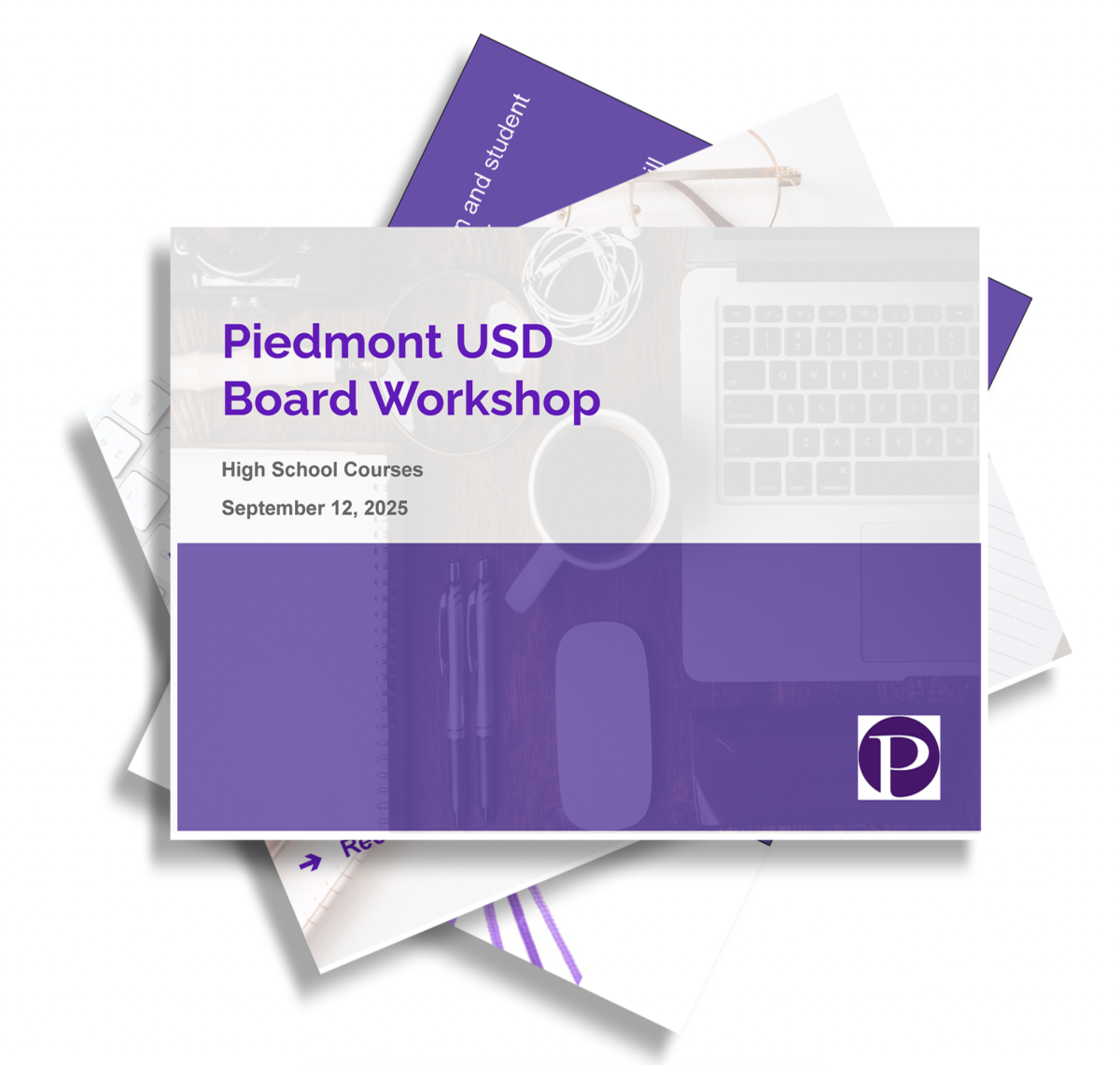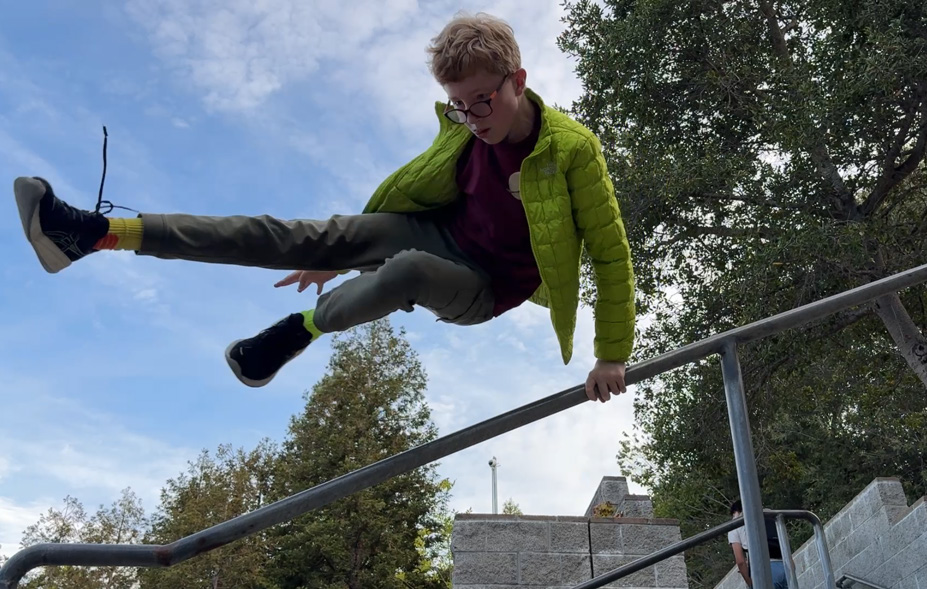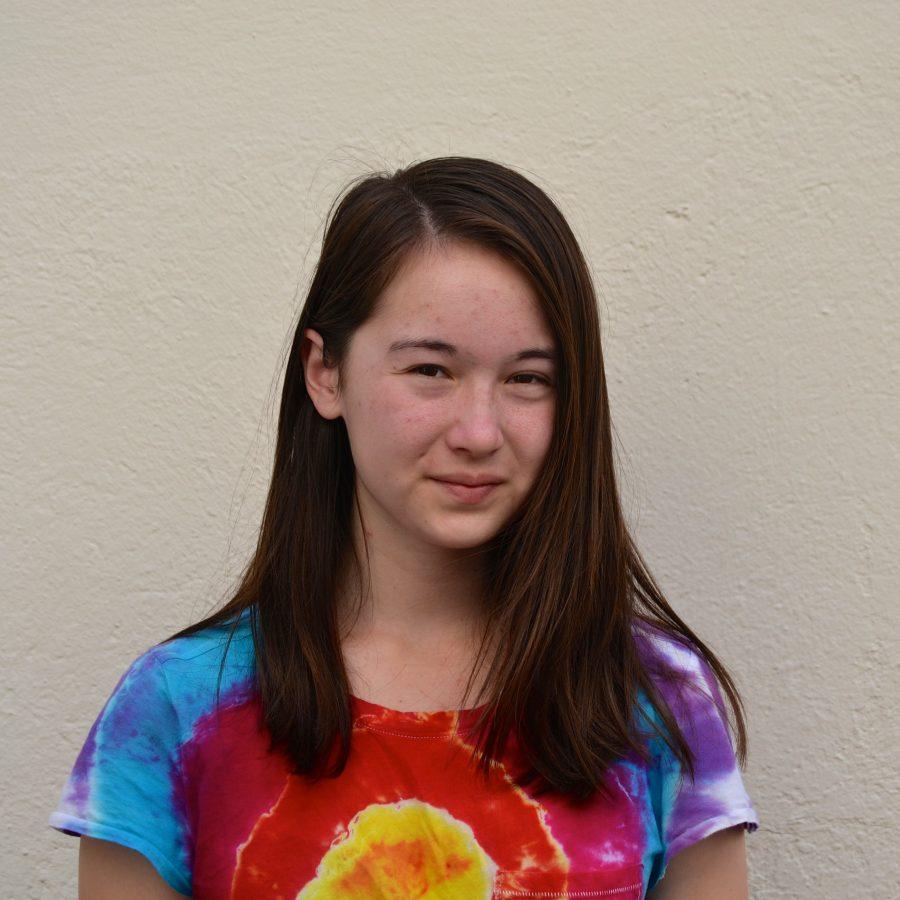On Monday, Oct. 2, my day was almost normal. I walked to school with friends while debating the best way to strike up a conversation with a stranger, slogged through two classes, ate a waffle for brunch, and slogged through three more. It was only after lunch, when I sat down in the very class that I am writing this story for, that anyone would have been able to tell that something was wrong.
On Sunday Oct. 1, a 64-year-old man named Stephen Paddock caused the deadliest mass shooting in 70 years, killing nearly 60 people and injuring more than 500. Countless mothers, fathers, sisters, brothers, sons, and daughters are now missing their loved ones, and countless more who were present at the event are in shock over what they have seen.
And yet, before my adviser began our lesson in journalism, not a single one of my teachers had discussed the shooting, plowing through classes as though nothing had happened. The next day as I did homework, the only thing I heard on the radio was Tom Petty music and debate over whether he was actually dead or not. The death of one should not overshadow the murder of over fifty innocents and the injury of the equivalent of around 60 percent of our student population (all of our underclassmen and about half of our juniors). After just a day of mourning the world had started to move on, and PHS was no exception.
And before you cry out that no, we had a moment of silence over the announcements, (which we didn’t get for 9/11, refer to our previous issue for more on that) ten seconds of silence two days after the event occurred is too little too late. A student shouldn’t have to take a journalism or history class to have an opportunity to speak about an issue of this magnitude. If we could create a diversity assembly just days after instances of anti-Semitism were reported at the school, and if we could create a lunch forum for people to talk about the election of Donald Trump, then we can set up a place where students can open up on an issue which I believe is just as, if not more, upsetting.
Obviously, inadequate response to shootings is not a problem exclusive to PHS. America has become desensitized to violence, and with the record for the largest mass shooting in the past 70 years broke twice in the past two years, it’s easy to see why. My news feed bombards me with articles reporting the violent ends of innocents on a daily basis; to absorb every victim’s death would be to throw away my emotional well being. The countless looping of “American Girl” on the radio, while not uplifting, is an escape from something far worse, and sometimes that’s okay.
However, the only way we will ever come close to preventing so many atrocities is if we start to care. Stating that there is nothing we can do about shootings as Nevada governor Brian Sandoval did breeds complacency and blocks change. High school spans the years when children become young adults, when we are becoming critical thinkers, and school is supposed to help us to understand the world and prepare us for challenging its workings in the future. By ignoring this problem we are teaching the next generation that it is okay to accept these shootings and move on to problems we can fix. And if the generation that will soon take control of our government doesn’t believe in our ability to fix this then we will have shootings even more deadly than Las Vegas.
On Wednesday Oct. 4, Chancellor of UC Berkeley Carol Christ sent out an email to every employee and student concerning the Las Vegas shooting. She discussed the tragedy but went a step further, outlining every place on campus where everyone could seek support and ways that they could help to effect positive change. While this email was a couple days late, it was certainly not too little. There are ways that our school could have actively responded, and Christ’s email is proof of that. School is about more than learning information others have already discovered. We need to discuss events like this; we need to talk about more than the textbooks.




























